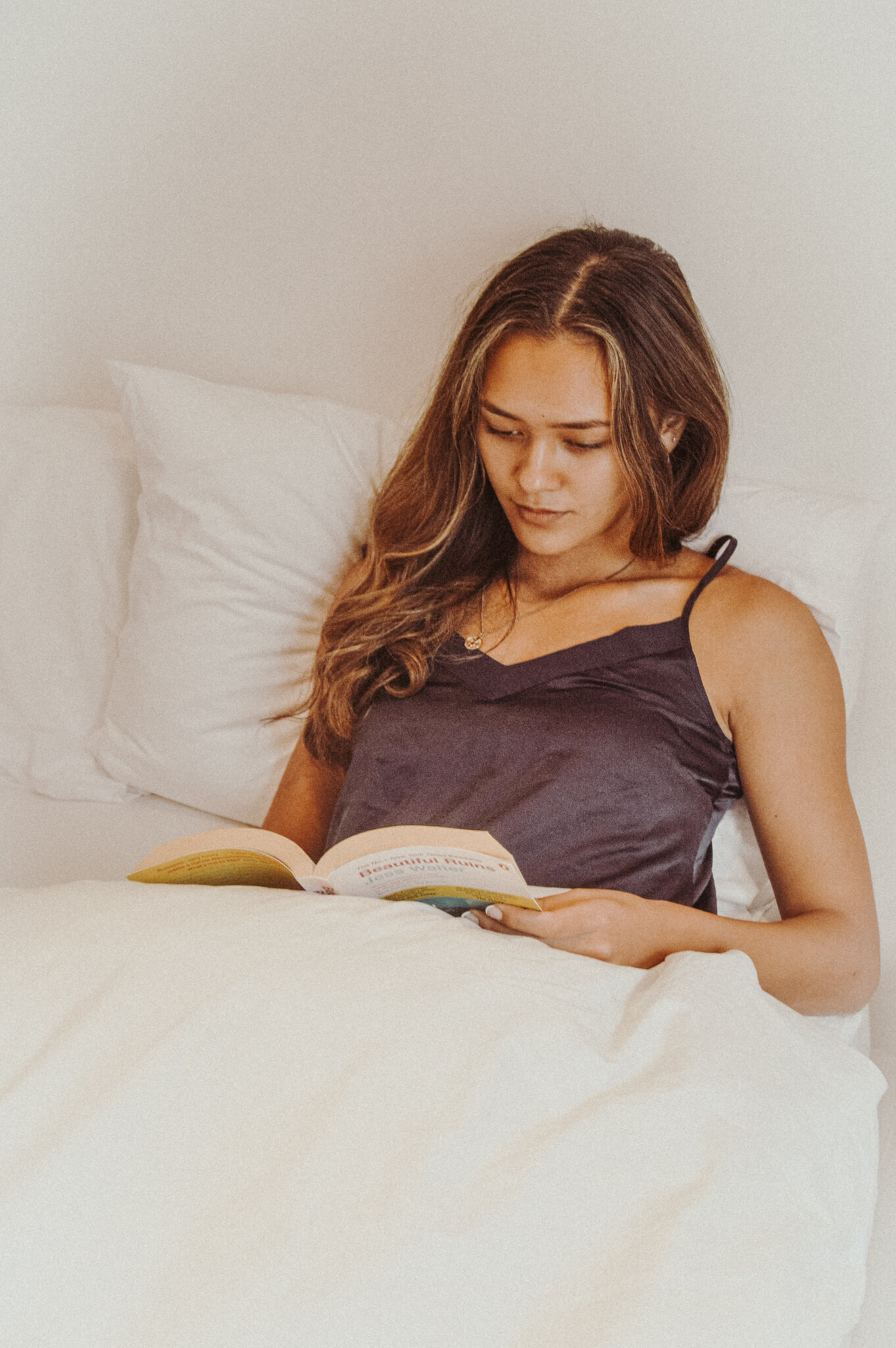Sleeping is a beauty
Why sleep is no longer for the weak
Photo: Astrid Wihman
Can you believe that the UK is one of the most sleep-deprived nations in the world? I can’t. Perhaps that’s only because I sleep an average of nine hours a night – incredible, I know. The traditional attitude of ‘sleep is for the weak’ no longer applies today. Although Margaret Thatcher is famously said to have slept a measly four hours a night, employees at PwC London are being encouraged to, literally, sleep their way to the top by harnessing the power that sleep has on human performance. With the release of an abundance of sleep-tracking apps or memory foam mattresses and weighted blankets on the market, we have become rather obsessed with getting the best night’s sleep. I thought it might be worth exploring why we have become so preoccupied on something we do so absent-mindedly.
In the last decade, there appears to have been a revelation about the importance of sleep. There was an immense increase in research and literature on the topic, which in turn generated an immense increase on sleep advice: ‘make sure you sleep at least eight hours a night!’, ‘don’t use your phone before sleeping!’ and – the one I personally find hardest to follow – ‘no caffeine after 3 p.m.!’. To be frank, I find all this guidance incredibly overwhelming. Especially after reading Matthew Walker’s “Why We Sleep”, as now I am all too aware of the fact that insufficient sleep has been linked to memory loss in later life. The irony here is that the more one worries about the quality and length of her sleep, the poorer that quality of sleep is. In fact, our obsession with sleep has become such a problem that doctors have awarded it a name: orthosomnia (that is, the condition of being obsessed with sleeping well, leading to an inability to do so).
Luckily, there is an unlimited number of products out there to help us get our precious eight hours of sleep. I believe that sleep has been overmarketed and that this has fuelled our recent obsession. Do I choose herbal tea or essential oils to help me sleep? Should I try some yoga breathing exercises to help me relax? Should I change to a memory foam mattress? I don’t wish to ridicule the sleep industry (now a £100 billion industry), for I do enjoy a good audiobook and chamomile tea before bed.
Photo: Astrid Wihman
However, I do think we need to reassess the amount of time we spend on perfecting our sleep. This falls directly into the recent trend of our generation’s fixation on perfection. As Pandora Sykes touches on in her new collection of short essays “How Do We Know We’re Doing It Right?”, there is currently a restlessness amongst us. Even leisure time has been turned into work; we feel the need to catch up on the latest podcast episode or binge a new series to stay updated. We feel as though we need to evaluate every aspect of our lives, even something as mundane and natural as sleep. Maybe we are sabotaging our sleep by endeavouring to enhance it. Maybe sleep doesn’t need to be perfect. Why can’t sleep just be sleep?


